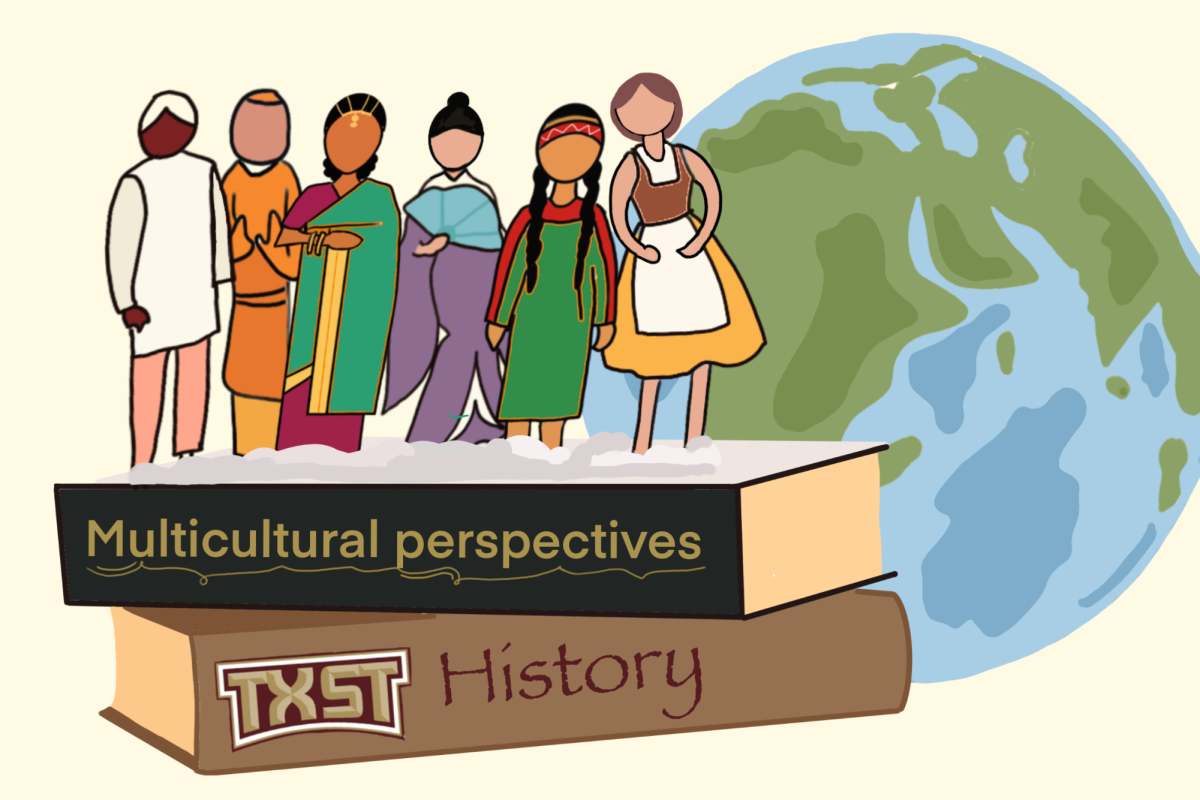According to Digital Information World, 16-24-year-olds use social media for an average of three hours a day, more than any other demographic. These apps are known to be both damaging to self-esteem and addicting, and usage limits must be set.
Social media can be detrimental to self-image. The Norwegian University of Science and Technology found that interacting with another person’s Instagram post reliably predicted lowered self-esteem in teenage girls. Viral videos and top content on social media platforms often contain aesthetically flawless faces, which is a contrast from the average-seeming image someone sees of themself when they open the Snapchat camera.
To combat these insecurities, apps like Instagram offer filters that can blur imperfections, make faces symmetrical and even add the appearance of makeup to the user’s face. These filters temporarily make one appear more attractive, but they can easily be reminders of how they could improve their appearance. This phenomenon is “Snapchat Dysmorphia,” defined by Healthline as a critical obsession with the body brought on by image filters.
Social media use is associated with a host of other side effects, including, according to a study done by the University of Pittsburgh, eating concerns, which can lead to undue stress and disorders like anorexia and bulimia. According to a study by University College London, there is also evidence that after viewing the photoshopped or surgically enhanced bodies of influencers, young women were more receptive to getting plastic surgery, mainly if they had already tested for low self-esteem.
Social media is psychologically destructive, so it might seem strange to return to it constantly. However, according to OnlineTherapy.com, 58% of Americans feel that social media negatively impacts their mental health, while only 25% can say with certainty that social had no adverse effect.
The problem with social media is that it’s addictive. Every time a notification from a social networking app pops up, neurons fire in the brain, releasing dopamine and allowing a small burst of satisfaction. These chemical releases in the brain are cheap and readily available, so they leave consumers constantly refreshing their Instagram feed or “doomscrolling” the Reddit home page. These obsessive habits are unhealthy, but it is difficult to stop, especially when social media is so accessible.
According to Statista, Facebook netted nearly $115 billion in 2021 from ad revenue alone. There is good money to be made, which pits social media companies against one another in a struggle for consumers’ time and attention. In an interview with BBC, Aza Raskin, a one-time Mozilla employee and designer of the infinite scroll feature, described social media as being sprinkled with “behavioral cocaine” and designed by thousands of engineers to be “maximally addictive.”
Facebook denies that it deliberately makes its product addictive, but it seems highly implausible that a large corporation would restrain itself. Social media designers are predictably looking to maximize profits, so the duty of self-regulation falls to the consumer.
Social media has its benefits when used in moderation. I had the most exciting year of my life during my senior year of high school, which I attribute partially to downloading Snapchat. The app was the medium through which my friends planned adventures and how I got connected with my first girlfriend. Social media can play a part in professional success as well. According to research firm Aberdeen Group, 73% of 18-34-year-olds found their last job through some form of social networking platform.
Social media is often credited for connecting its users with people they do not see every day, Apps like Instagram and Facebook can undoubtedly keep people more up-to-date in the lives of those they love. But how much of this “connection” is real?
Joe Grout, a concrete industry management freshman and Facebook user, said that although social media has allowed us to regain contact with those we lost touch with, it has simultaneously made many of our relationships less genuine.
“I think [social media] has created a population in our society that is content with kind of pseudo-relationships,” Grout said. “Like they’re not relationships, but they kind of fulfill enough of those neurological impulses that [people] can get by on it, even though I don’t think there’s real interpersonal things happening.”
Social media has the potential to open doors in life, but it can quickly gain control of it. For most, the best action is to become a conscientious consumer. When using networking apps, frequently check whether social media usage is an enrichment for the day or a distraction from an opportunity for a real one.
-Reece Cavallo is a mechanical engineering freshman
The University Star welcomes Letters to the Editor from its readers. All submissions are reviewed and considered by the Editor-in-Chief and Opinion Editor for publication. Not all letters are guaranteed for publication.
Opinion: Social media can be addictive and toxic
Reece Cavallo, Opinions Contributor
January 2, 2023
0
Donate to The University Star
Your donation will support the student journalists of Texas State University. Your contribution will allow us to purchase equipment and cover our annual website hosting costs.
More to Discover














